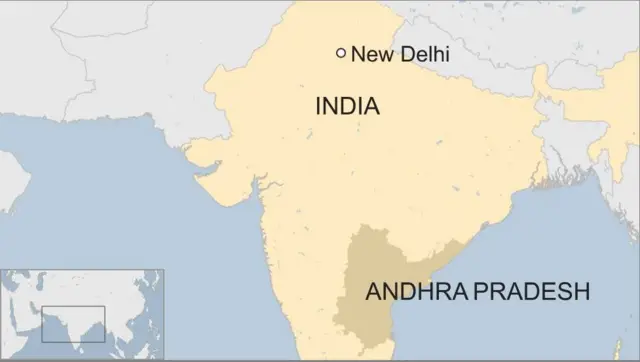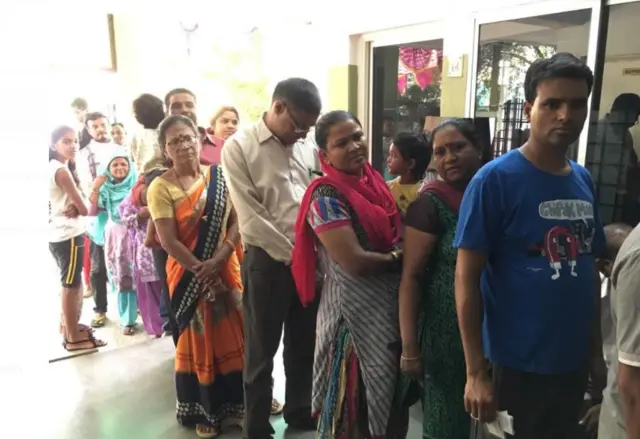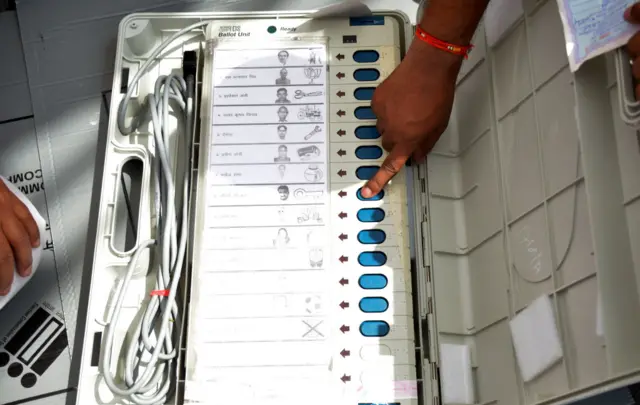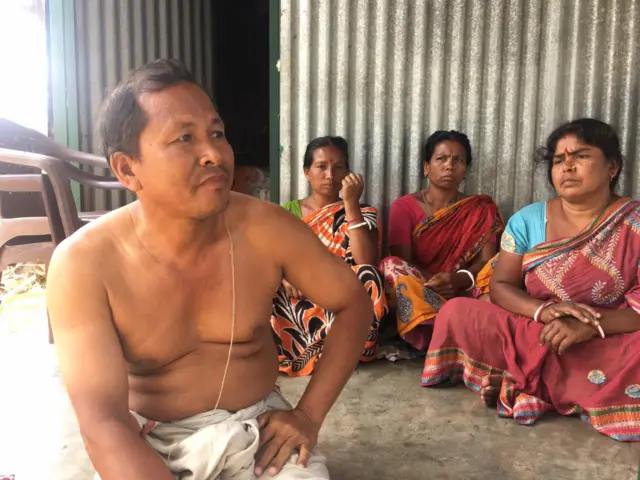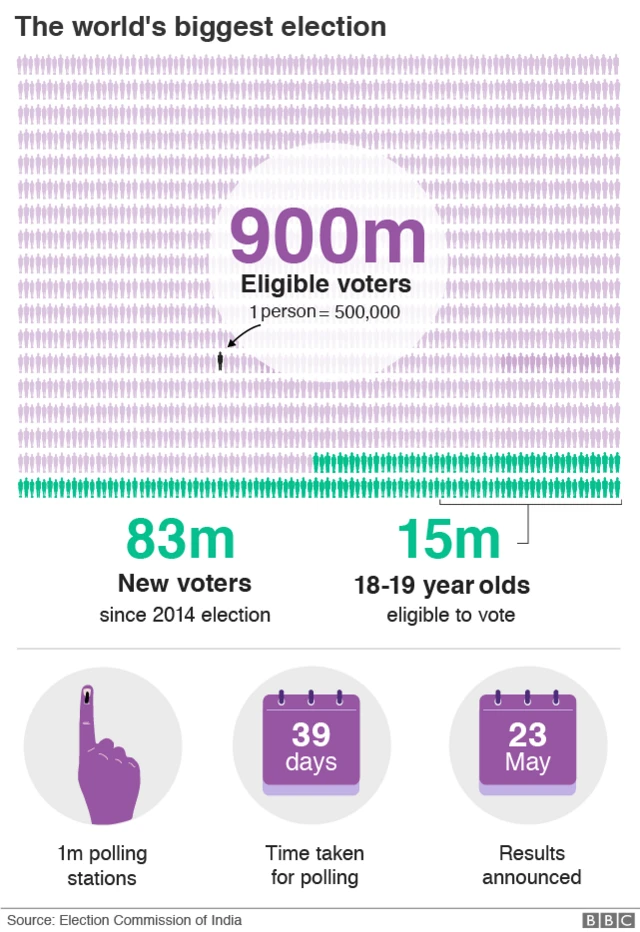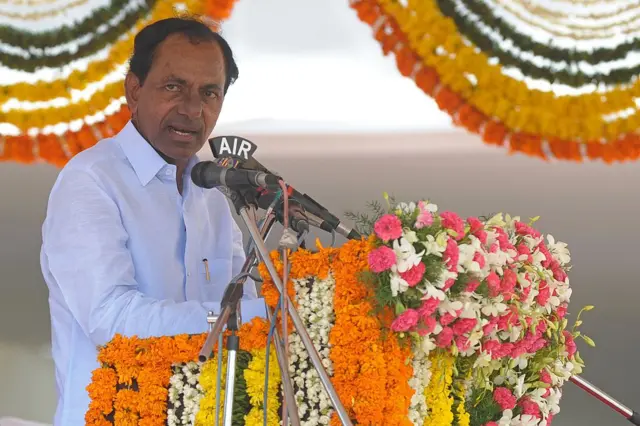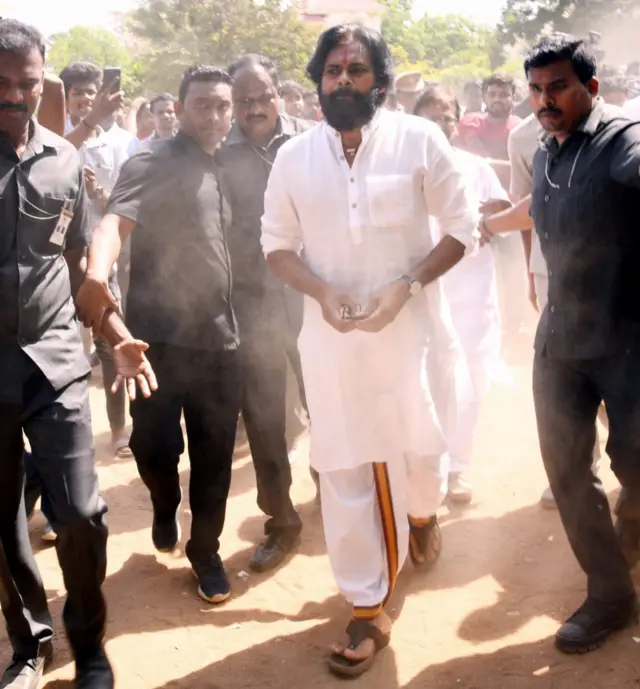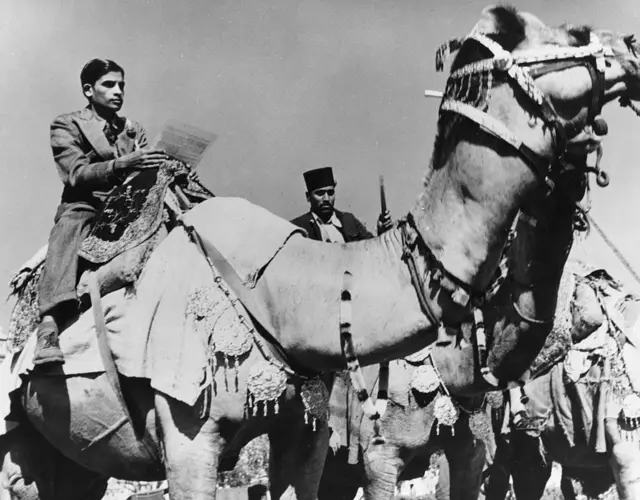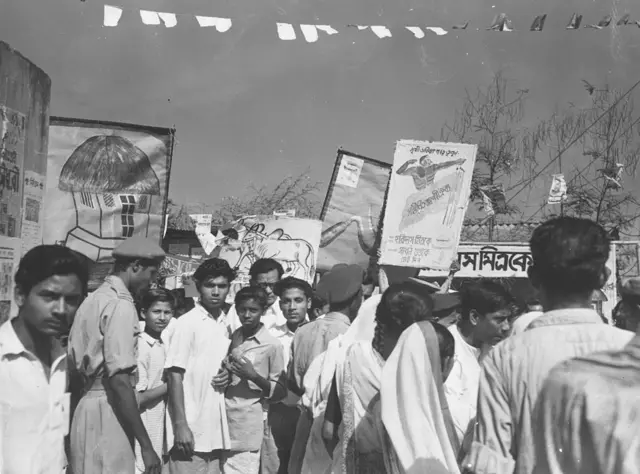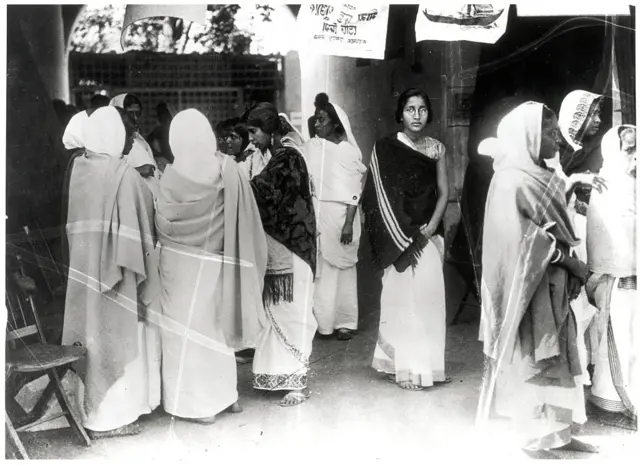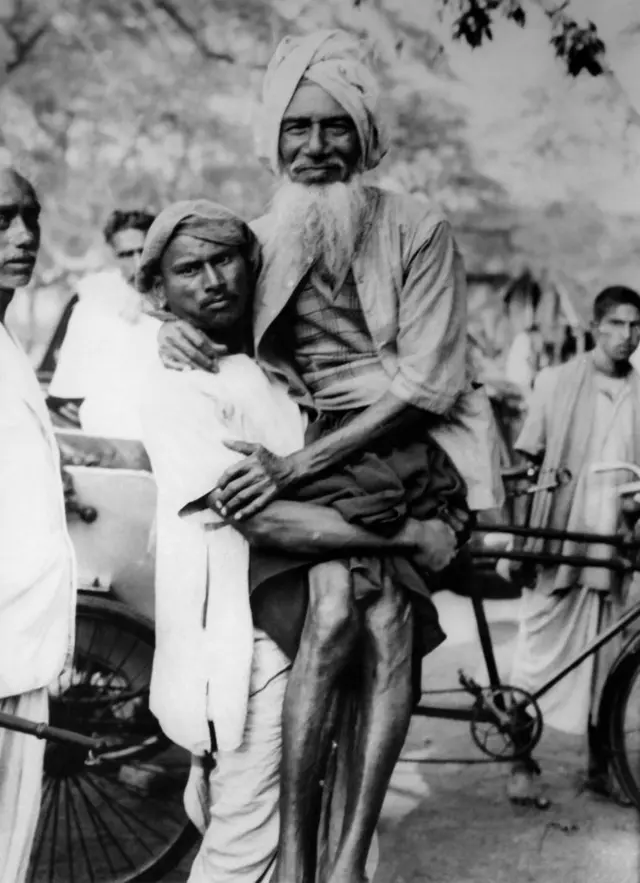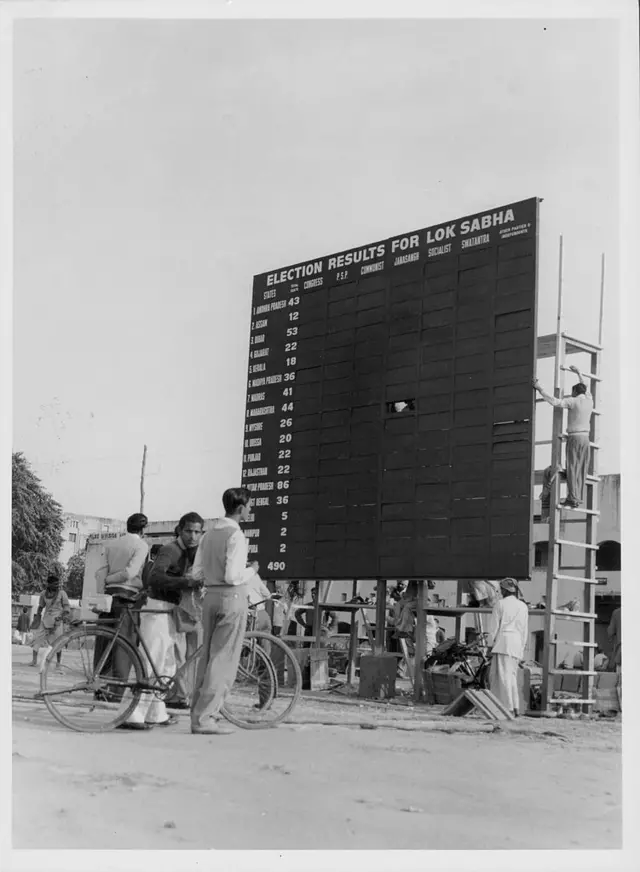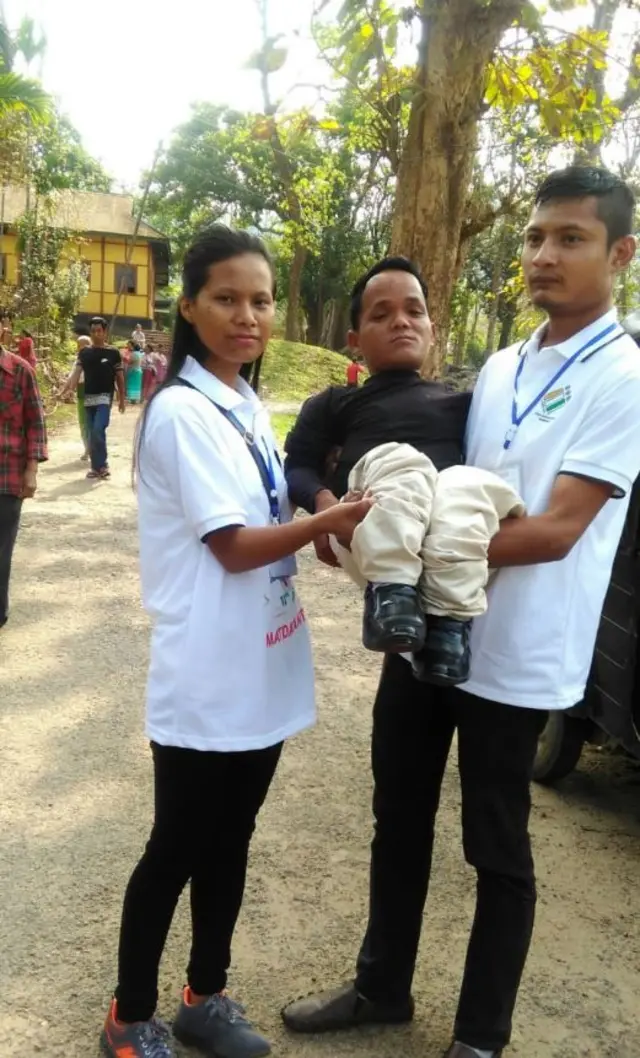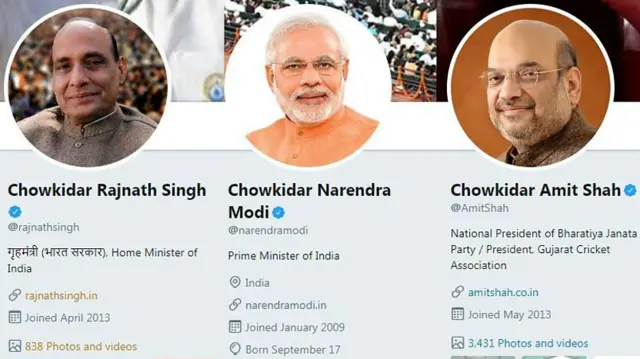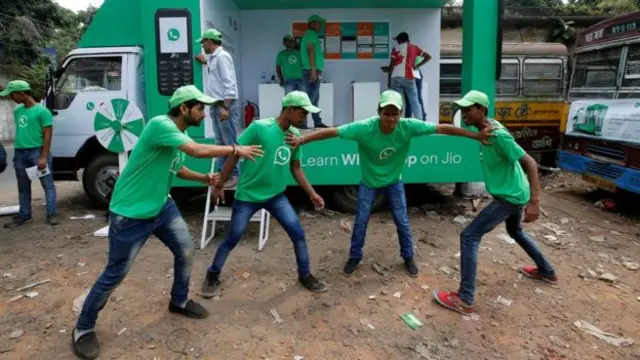Thanks for readingpublished at 13:56 BST 11 April 2019
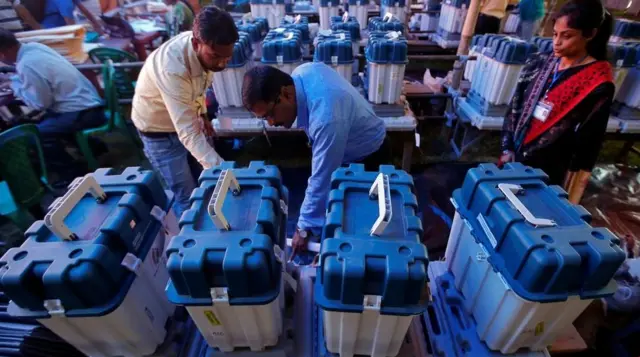 Image source, Reuters
Image source, ReutersOfficials check voting machines in the eastern state of West Bengal
With polling stations across the country closing their doors, we are going to end live updates.
We hope you've enjoyed our coverage of the first day of voting in the world's biggest election.
Here's a short recap of what happened today:
- Voting kicked off at 07:00 local time, with tens of millions of Indians flocking to polling booths across 20 states and union territories to cast their ballots in 91 constituencies.
- Day one has concluded - but this was just the first of seven days (or phases) of voting, which will take place over six weeks. Results will be declared on 23 May.
- Violence flared in a few places throughout the day. In the southern state of Andhra Pradesh, two men were killed in different districts amid clashes at polling booths
- In Chhattisgarh state, where suspected Maoist rebels killed a lawmaker and five others on Tuesday, an explosive device was detonated at a voting station before polls opened. No-one was hurt.
- In the northern state of Uttar Pradesh, scores of Muslims and Dalits (formerly known as "untouchables") told the BBC that their names were missing from voter lists.
- Across India, people from all walks of life - from tribal women to nuns - turned up to vote.
You can follow the latest updates on the Indian elections here, as well as on our Facebook, external and Twitter, external accounts. Our correspondents will also be reporting for BBC World News television and the BBC World Service.
